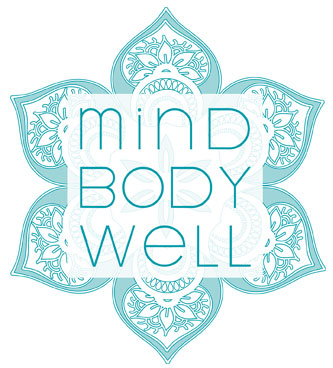When we can look at our life objectively one thing we may notice is that change is happening, all the time. Think about it. People you used to love are no longer in your life and you now have new relationships. The way you spend your time may have changed. Maybe experiences that used to hold importance and value for you have been replaced by new experiences. And sure as we can be, our minds, bodies and the world around us are changing in each and every moment.
The awareness that change is possible is particularly important when we’re considering those areas of our lives in which we feel stuck. The patterns that seem to be on constant repeat, spinning us round and around in circles despite our complaints that we want life to be different.
Here’s a secret lesson from therapy – when you have a desire to change something in your life, the first thing you need to change is… anything! Just change anything… the way you do your morning routine, brush your teeth before your shower and put your left shoe on before your right (or vice versa) for a change. Take a different route to work. Add a new hobby or activity to your week. Drink tea instead of coffee. All of these seemingly small changes can help to remind us of the flexibility that’s possible, the adaptability that can happen when we consciously choose to change our actions in this very moment.
Often we need to understand our readiness for change before we can figure out what steps we need to take to help us move forward from where we are. A model of the Stages of Change which is commonly used in therapy describes individual behaviour change as a process which occurs in different stages:
Pre-contemplation
Contemplation
Preparation
Action
Maintenance
(Prochaska & DiClemente, 1986)
Understanding where we are in this moment in regard to a change can help us to figure out the best way to move forward. Here’s a little more information about these stages:
Pre-contemplation
This is the stage when we are not yet considering change, and not seeking support for change to happen. Sometimes others may be willing us to change (or even pressuring us) but this is the time of status quo, and any amount of persuasion is unlikely to be effective until we are ready to explore change for our own reasons.
Contemplation
In this stage we may be considering the possibility of change without yet trialing any particular course of action. We may be weighing up pros and cons of change and potentially becoming more and more uncomfortable with our current situation. This is the stage when we begin to consider alternatives to our current behaviours and their outcomes.
Preparation
In the preparation stage we’re getting ready to act, seeking information and support as we ready ourselves to take action. The preparation stage may involve seeking input from others who can assist us to create strategies to help us move into action. During preparation we may also need to develop a plan to deal with the obstacles to change which will inevitably come up in the action phase.
Action
The ‘giving it a go’ stage, when we deliberately and consciously attempt new ways of behaving, dealing with the obstacles to change as we go. This stage is usually very deliberate and requires our full attention in order to do things differently. Without mindful awareness it’s very easy to let go of change and slip back into habitual patterns. It’s important in the action phase to keep our steps small and achievable, allowing change to develop over time.
Maintenance
Once we reach this stage we know how to do things differently and have had some success in doing so. The task here is to stay on track, or more realistically, to keep coming back to the track when we veer off course. The support of others and clear acknowledgement of our achievements and their benefits can be very important in maintaining change.
It’s clear from this model that the process of change is not as simple as making a decision to change, then doing it. We need support, information and assistance to establish and maintain motivation to change. And the other necessity is a conscious awareness of the present moment, often referred to as mindfulness. The only time we can change any behaviour is right now, in the present moment.
Anticipating the obstacles to change
No process of change takes place without encountering a few obstacles along the way. The more aware we can be of the potential obstacles to change before we start the action phase, the more likely we are to recognise and respond appropriately to these obstacles when we encounter them. Rather than holding our breath hoping they don’t occur, it might be better to expect these obstacles (at least the ones we can foresee), and develop strategies in the preparation phase for responding to the obstacles as they arise.
Psychologist and author Jeffrey Kottler describes change as “a marathon, not a sprint”, reminding us of the importance of working one step at a time toward change, reinforcing our successes when they occur, and understanding and learning from the times we don’t succeed in making change. As with all things in life, aim for progress, not perfection.
In my next blog I’ll discuss the issue of Distress Tolerance, ie. how to manage feelings of discomfort we are likely to encounter when we try to change
References:
Kottler, J. (2001) Making Changes Last. Philadelphia: Brunner-Routledge.
Prochaska, J. and DiClemente, C. (1986) ‘Toward a comprehensive model of change’. In W. miller & N. Heather (eds) Treating Addictive Behaviour. New York: Plenum.

